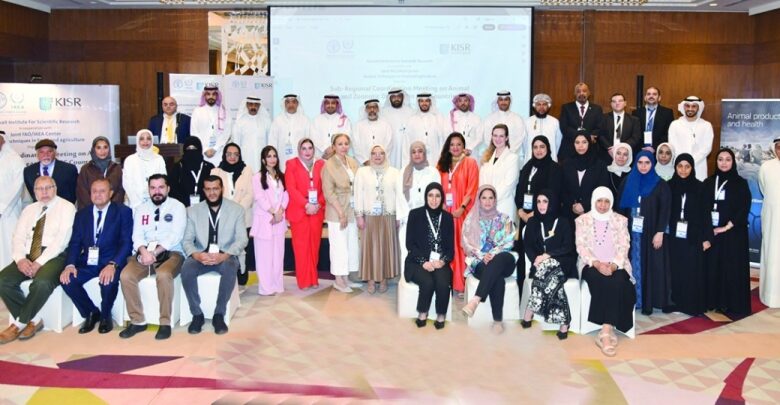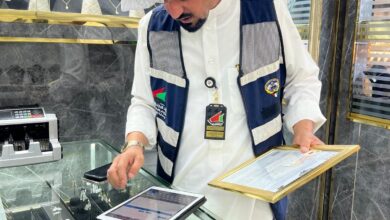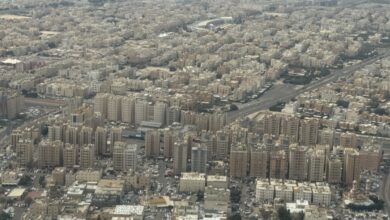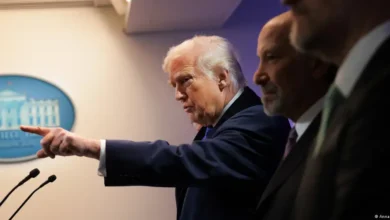Kuwait hosts regional meeting to boost animal and zoonotic disease security in GCC

The Kuwait Institute for Scientific Research (KISR) has launched a four-day regional meeting focused on combating animal and zoonotic diseases in the Gulf Cooperation Council (GCC) countries.
The event brings together regional and international experts to address several priority diseases in the region, including brucellosis, Rift Valley fever, foot-and-mouth disease, and peste des petits ruminants (PPR).
Dr. Abdulaziz Al-Atiqi, the regional meeting coordinator at KISR, told KUNA that the gathering aims to strengthen cooperation and coordination among member states and to promote the exchange of expertise in modern technologies used for the rapid and accurate detection of animal diseases, reports Al-Rai daily.
He noted that while some of these diseases have direct implications for public health, others represent a serious threat to food security, underscoring the urgent need for a united regional response.
The meeting is being held under the framework of the “One Health” concept, which emphasizes the interconnectedness of human, animal, and environmental health.
Its goal is to build a comprehensive system for the prevention and control of zoonotic and communicable diseases while addressing shared health challenges across the region. Participants are working to enhance collaboration in technical capacity building, develop veterinary laboratory networks, utilize reference labs and regional centers, share information, and pursue joint scientific research.
Carla Rueda, a technical specialist in animal health at the Joint FAO/IAEA Centre, highlighted the significance of strengthening regional cooperation and laboratory networks.
She emphasized that such collaboration improves collective response capabilities against transboundary diseases and zoonoses. Rueda pointed out that the meeting in Kuwait presents a valuable opportunity to establish a future veterinary laboratory network modeled on successful initiatives such as CamVetNet, coordinated by the UAE, under the World Organisation for Animal Health (WOAH).
She also referenced longstanding veterinary laboratory networks in the United States as effective examples of emergency cooperation and standardized operational procedures.
Dr. Mohammed Al Hosani, sub-regional representative of the World Organisation for Animal Health for the Arabian Gulf, described the meeting as a vital scientific platform for developing animal health systems in the region.
He explained that the event brings together representatives from GCC countries and international organizations, including the International Atomic Energy Agency (IAEA), the World Organisation for Animal Health, and the Food and Agriculture Organization (FAO).
The core aim, he noted, is to support the technical capacity-building efforts of member states and empower them to enhance their national capabilities in combating both animal and zoonotic diseases.
Al Hosani also commended the essential role played by international organizations in offering technical and advisory support in this field.












